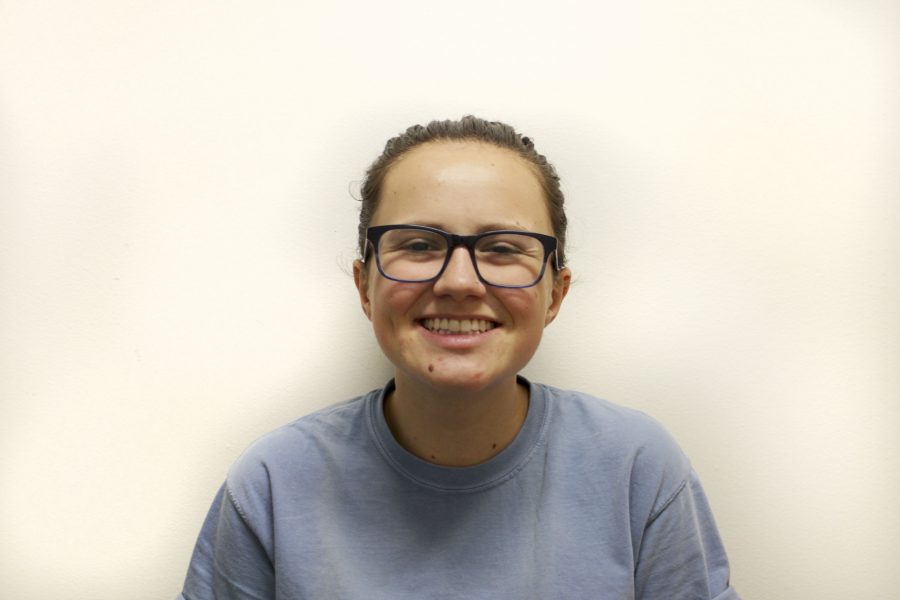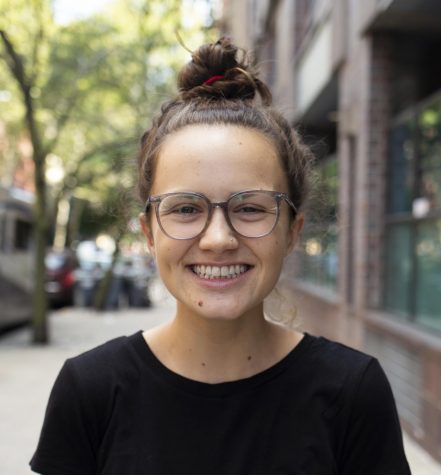Alternative Breaks Encourage Valuable Service and Growth
March 20, 2017
While most NYU students packed their bags to head home home or to the beach for spring break, some students stuffed their belongings into the trunks of rented minivans, headed out of the city in groups of ten and prepared to volunteer across the globe. NYU’s Alternative Breaks program organizes week-long service trips for both domestic NYU students and those studying abroad. These students provide countless benefits to both participants and the communities that they serve.
To assume that all short-term volunteer efforts are ineffective is harmful to numerous organizations that need all the help they can get. Not everyone has the time or opportunity to spend extended amounts of time in programs similar to the Peace Corps. Many underestimate what can be done in a single week — from building homes to planting trees or even to supporting a child or community.
In addition, Alternative Breaks are massive learning experiences. During the week of spring break, viewing issues from a wider perspective benefits people looking to solve those issues from the group up. While many activities done during these trips could easily be done locally, being able to engage with different communities broadens one’s understanding of both the issues and their impacts on the respective communities. Understanding the world through a lens outside New York City is crucial. Moreover, group meetings held before and after the trip included heavy discussions of how participants could apply the knowledge and inspiration accumulated on the trip to local volunteer activities that require long-term commitment. The circle of peers that has gone on the same trip can also form a community that actively participates in discussions and local outreach back on campus.
Regardless of their chosen career paths, students who are more socially aware are driven to initiate reform in their respective fields. For example, if a musically inclined student volunteers in a low-achieving school in Alabama over the break, that student could later fund an after-school non-profit centered around teaching music to underprivileged students.
Adopting a pessimistic and unsupportive view of short-term volunteer opportunities perpetuates the idea that those within the NYU community are unable to grow and help others. Alternative Break trips, despite being a short-term program, effectively promote further volunteer activity and participation. Rather than assuming that they are going to “change the world,” participants consider themselves lucky to have helped where they could, gained new insight and understanding, and spent their spring break growing and developing outside of the classroom.
A version of this article appeared in the Monday, March 20 print edition.
Email Laura Shkouratoff at [email protected]
























































































































































